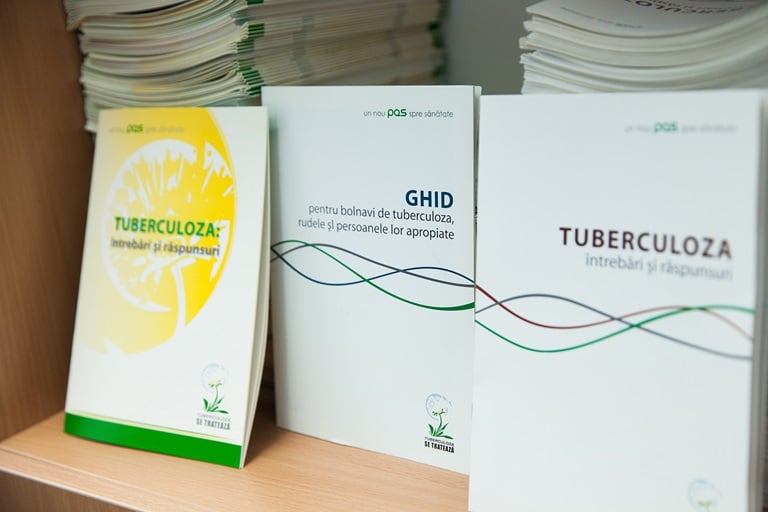Prevention and control of noncommunicable disease in Uzbekistan. The case for investment (2018)
24 February 2019
| Technical document
.tmb-479v.png?sfvrsn=a144200f_3)
Overview
Noncommunicable diseases (NCDs) such as cancer, cardiovascular disease, diabetes and chronic respiratory diseases and their risk factors are an increasing public health and development challenge in Uzbekistan. This report provides evidence through three analyses that NCDs reduce economic output and discusses potential options in response, outlining details of their relative returns on investment. An economic burden analysis shows that economic losses from NCDs (direct and indirect costs) make up 9.3 trillion sum, which is equivalent to 4.7% of gross domestic product in 2016. An intervention costing analysis provides an estimate of the funding required to implement a set of policy interventions for prevention and clinical interventions. A cost–benefit analysis compares these implementation costs with the estimated health gains and identifies which policy packages would give the greatest returns on investment.WHO Team
NCD Management CHP (NCD),
Uzbekistan
Editors
WHO/Europe
Number of pages
41
Copyright
World Health Organization









